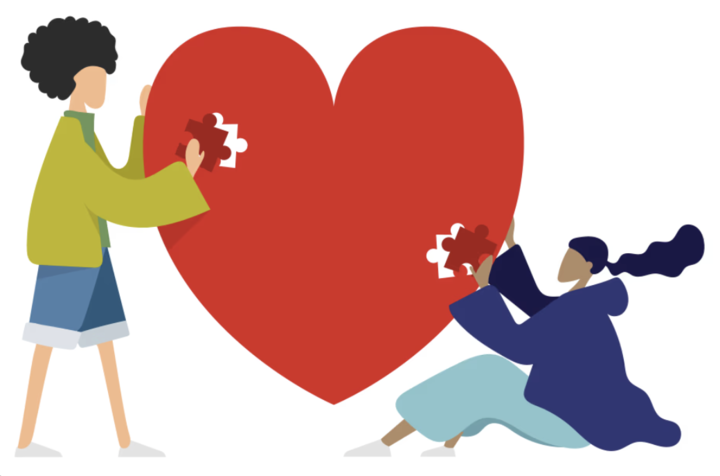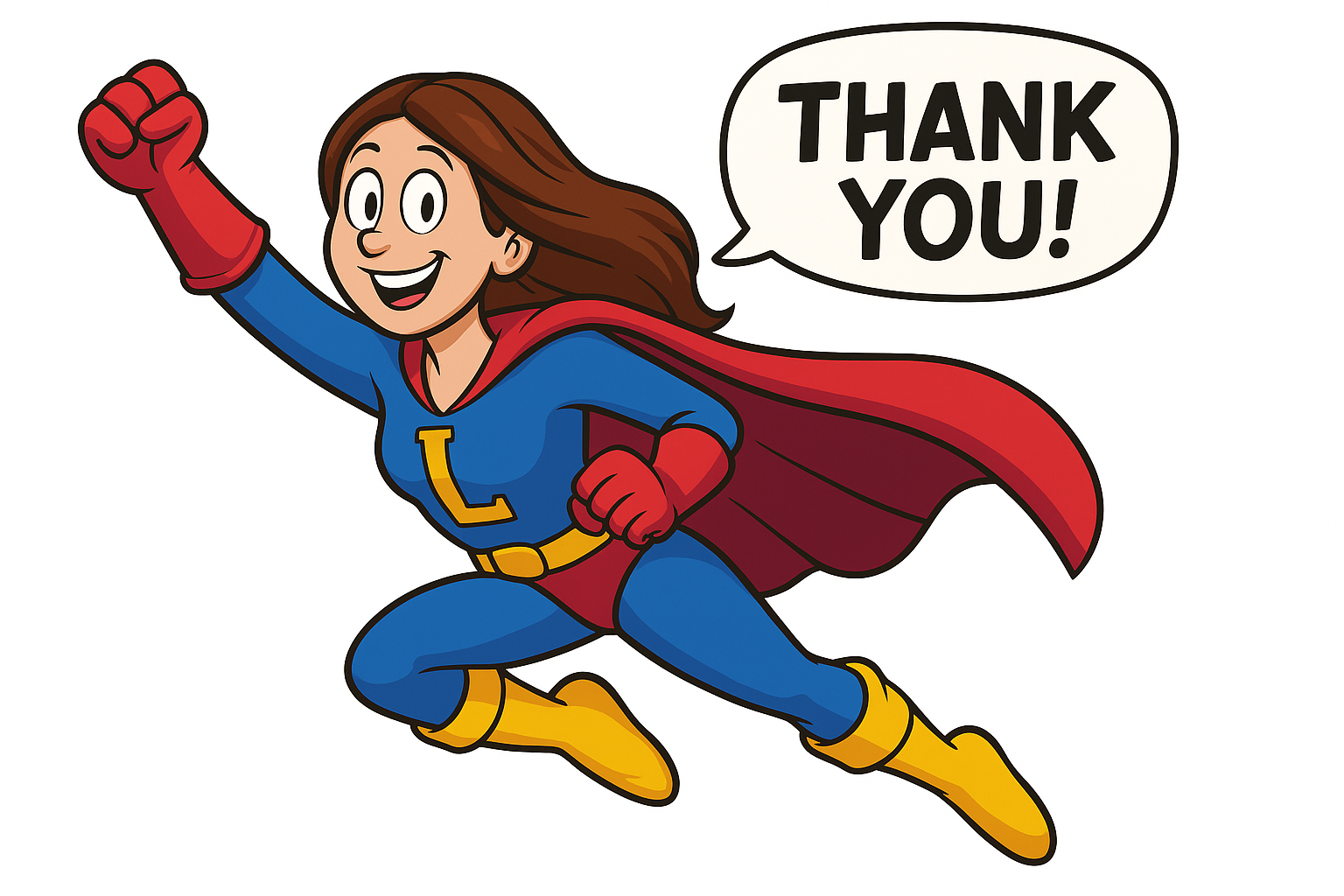
Last week as I was leaving a conference, or it may have been a dance class, I overheard someone
behind me announce,
“Eight hugs a day, that’s what we need to feel good!” I turned toward the voice and saw a
woman embracing another woman, squeezing her and smiling before untangling herself and
waving good-bye.
Wait. Hugging? That’s what we need now? When was this determined and how did I not get the
memo? I’m a Russian Jew who once had a psychic tell me I have to be careful because there are
a lot of dead spirits around me that can make me sad. And this made perfect sense to me.
Consequently, if there is a way to feel good that doesn’t involve a pill, a drink or a pound of dark
chocolate, I’m all in.
I jumped in my car, drove past the library and went home to do my research. I typed “hugging,
good for you,” in to Google. It took .36 seconds for the universe to deliver 191 million results. I
am definitely late to the party on this one.
Just in case you too thought hugs were the exclusive domain of Carebears, here’s the update.
Whether you’re working in an office building or your home office, living alone in your studio
apartment, living with 20 people on a commune, a six year old with a stuffed alligator, or a
ninety year old living in a community, getting regular daily hugs is one of the healthiest, non-
pharmacological ways to support your mental and physical health.
That quip I overheard from the hug enthusiast is from Virginia Satir, a world-renowned family
therapist. It also derives from a 1995 study, which found “four hugs per day was an antidote for
depression, eight hugs per day would achieve mental stability and twelve hugs per day would
achieve real psychological growth.”
Sounds like something tucked away in Psychology Today, right? Wrong! It’s referenced in an
article in Forbes. A year later the NY Times followed suit extolling the virtues of hugs for
boosting the immune system, quoting Dr. Michael Murphy, a research assistant professor of
psychological sciences at Texas Tech University who led hug research in 2018, “Hugs help us
feel more supported and connected, and can calm feelings of anxiety and improve our ability to
cope with difficult experiences.”
What’s even more amazing is the evidence that hugs have in helping seniors. An elder care home
in New York tested the effect of hugs with a program called “Embraceable You.” Two hundred
volunteer participants rated their satisfaction with quality of life and health. They also shared the
amount of “casual touch” they experienced. Here’s where it gets wild. “Hug ambassadors” who had
been trained were brought in. Residents were given buttons to wear if they wanted to be part of a hug
experiment.
These folks were given a token for every hug they received. Apparently pretty quickly, they were
seeking out huggers. By the end of week one, they had gotten almost 1,400 hugs.
At the end of the study it was reported, “residents who received three or more hugs per day felt less
depressed, had more energy, could concentrate easier and slept better.” So next time you go to
shake hands with a senior do both of you a favor and give them a hug instead.
One last point I want to make here about hugging that I find fascinating. According to experts
you don’t have to wait for someone else to hug you. Here are three ways to have the hugging
experience:
1. Hugging a stuffed animal and using a weighted blanket can create the same sensation as a
human hug for easing anxiety.
2. Hugging or sleeping with your pet counts!
3. Hugging yourself is also a thing, click the link to learn how.
4. Cristine Comaford, the writer of the Forbes piece recommends the “self-hug,” just not in
the literal sense. For her, this means taking the time to appreciate yourself, which is also
one of LOC’s tools in our laughter training. She suggests sitting down and listing all the
things you love about yourself. Then wrapping yourself in a weighted blanket and eating
a bowl of popcorn watching Real Housewives of Salt Lake City. Okay not that one, that
one’s all me.




